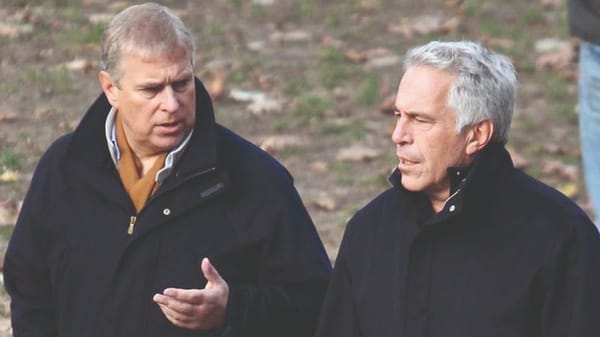The Fossil Fuel Dichotomy at Imperial
On the 10th of October, the UK Committee on Climate Change (CCC) delivered a report to government on how the government can engage the public in sustainable practices in order to reduce carbon emissions. The report was led by Dr. Richard Carmichael, an Imperial academic working with the Centre for Environental Policy, after the CCC appointed him to the job.
The CCC is an independent body established under the Climate Act of 2008 in order to provide advisement on future policy and reporting on current progress towards emissions goals.
The report itself identifies multiple key areas of attack, such as creating new and compelling narratives to mobilise mainstream participation, a reduction in policy-based obstacles to market change and consumer choice, and the importance of data and ICT in allowing consumers to make informed choices regarding technology adoption (e.g. electric cars). It contributed to the CCC’s overall Net Zero report to government.
The research of many Imperial academics in this direction stands in stark contrast to the College’s decisions regarding fossil fuels. As previously reported in Felix, Imperial ranks 130th out of 154 UK universities on the ‘People&Planet’ league charts for environmentally ethical behaviour, and has repeatedly stated that they consider fossil fuel companies to be partners in the battle against climate change.
This is in spite of the recent Guardian report that the top 20 fossil fuel companies alone have contributed to 35% of all energy-related carbon dioxide and methane emissions worldwide since 1965 – which is when they became aware of the future ramifications, after which they later lobbied governments to cover it up. Indeed, the top four investor-owned corporations (Chevron, Exxon, BP, and Shell) have contributed 10% on their own. Topping that chart is Chevron specifically, who have contributed 43.35 billion tonnes of carbon dioxide.
The President of the College, Alice Gast, sits on the board of Chevron, and receives a salary of approximately £300,000 per year for doing so. There is a dichotomy between the excellent work Imperial academics do and the contradictory perspective of senior members of the College.
Even senior staff who are very passionate about the environment repeat the ‘partners’ rhetoric. In a previous interview, the VP of Advancement Michael Murphy – who previously worked with Kew Gardens – also stated that “we have to work with industry – industry has to be at the table. I don’t see how we address biodiversity loss and climate change if we don’t have the major players there.”
There is increasing pressure on the College to consider divestment, as Imperial-based activist groups have begun to flyer and protest at energy- or fossil-fuel based events such as the Glencore ‘Introduction to Oil Trading’ event by the IC Energy Society on Wednesday 16th.






